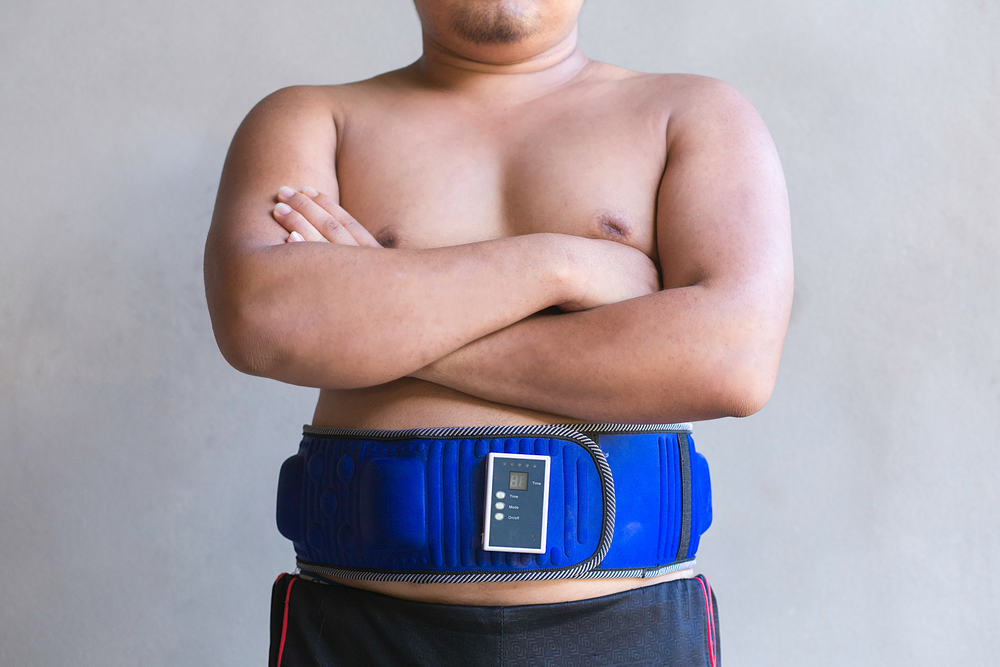Contents:
- Medical Video: How to Fight Depression: 7 Secrets to Stop Depression
- Various things that can be done to prevent depression relapse
- 1. Discipline undergoing treatment
- 2. Get enough sleep
- 3. Avoid negative people
- 4. Reduce time to use social media
- 5. Maintain an ideal diet and weight
- 6. Routine physical activity
- 7. Overcome chronic diseases experienced
- 8. Prepare to face the worst situation
Medical Video: How to Fight Depression: 7 Secrets to Stop Depression
Depression is indeed a persistent chronic mental illness, but this does not mean that symptoms persist at any time. Most people who have depression can move and work as usual, but in fact they have lost interest and meaning in the things they do. Symptoms of depression can recur at some time. People who have had depression have a 50 percent greater risk of recurrence, even the intensity can be more serious. So, it's important for you to prevent depression from recurring. What are the steps to prevent depression from recurring? See below.
Various things that can be done to prevent depression relapse
1. Discipline undergoing treatment
Treatment is one of the important pillars to prevent depression from recurring - whether through counseling sessions with your trust psychologist, taking antidepressant medication, or a combination of both.
If you are prescribed an antidepressant, do not stop taking it suddenly without the doctor's knowledge. Do not also arbitrarily change the dose in an effort to speed up healing or avoid the risk of drug side effects. Doing this will actually turn detrimental to your health in the future.
Always consult a doctor if you are concerned about side effects that may arise or there are other concerns about your condition. It is also important to equip yourself with coping strategies to help reduce stress that can trigger depression relapse.
2. Get enough sleep
Sleep deprivation is one factor in the emergence of depression, so symptoms of depression will be more at risk for relapse when you often stay up late.
To ensure you always sleep enough, at least 7-8 hours every night, you can make a few simple changes to the following clean sleeping guidelines:
- Avoid eating large portions 3 hours before bedtime, including caffeinated drinks such as tea, coffee, soda, and energy drinks. Also avoid drinking alcohol and smoking before going to bed.
- Make sure to sleep and wake up at the same time every day, even on holidays. For example, if you need to wake up at 6am then you should have to go to bed at around 11pm. Install a reminder alarm to help you.
- Take the time to do the sleep preparation routine 90 minutes before your bedtime. For example, if you should sleep at 11pm, stop any physical activity that is physically and mentally exhausting at 9:30 a.m., or faster if possible.
- Limit napping to a maximum of only 30 minutes and do it before 3 p.m.
- Make sure your bedroom is a place that is dark, cool and calm. The ideal room temperature for deep sleep is 20-23 ° C. Use earplugs if you can't sleep in a noisy environment.
- Keep all kinds of gadgets that can divert your mind from deep sleep.
3. Avoid negative people
You are the one who understands best what you are, also recognizes what people around you are like. Surround yourself with people who truly love and care for you.
Reduce interactions with people that make you feel depressed and inferior. If you feel it's better to decide to contact them, the decision is in your own hands and you have the right to that.
4. Reduce time to use social media
Various studies have shown the use of excessive social media related to dependence which can reduce the quality and quantity of social interaction. In the end, this can trigger depression.
Determine the maximum duration you interact in the virtual world in a day, for example, just 2 hours, and use an alarm orstopwatch to control your social media usage. Also reduce visits to various web or applications that you normally use, for example from 5 favorite websites to 3 and continue to be reduced over time.
Finding other activities can also reduce the intensity of your playing on social media. The more busy you are, of course, the less time you stick to social media. Try to divert your attention to sports or to gather with the closest people.
Over time, you will get used to only using social media when you want to do something and not because you need something to do.
5. Maintain an ideal diet and weight
Studies by the CDC in the United States show there is a close relationship between obesity and depression. It is also closely related to diet. Choosing unhealthy foods such as high fat and sugar will reduce the desire to choose healthy foods. As a result indirectly the body will experience a lack of other important nutrients to maintain physical and mental health.
6. Routine physical activity
Physical activity can increase metabolism and increase body temperature and trigger a calming effect on the central nervous system. When actively moving the body helps the process of secretion of endorphins which can improve the mood. Active physical activity can also reduce body chemistry which can worsen depression.
To start active physical activity can be done by actively moving in doing work or taking certain sports classes. Making it a routine is the best thing to prevent depression from recurring.
7. Overcome chronic diseases experienced
Chronic diseases such as strokes and diabetes are diseases that can easily trigger symptoms of depression. Proper management of diseases such as regular treatment and early treatment is needed to prevent the disease from worsening. Always consult with your doctor to get the right treatment when chronic illnesses are getting worse.
8. Prepare to face the worst situation
This requires proper recognition of the trigger factors for depression. A condition like remembering the closest person who has died, considering divorce or inevitable interactions with someone who makes you uncomfortable can trigger symptoms of depression relapse. To overcome this, you can prepare by:
- Recognize what will happen and what it causes
- Make a plan to overcome discomfort and divert your mind for a moment
- Always remind yourself that everything will be fine.












